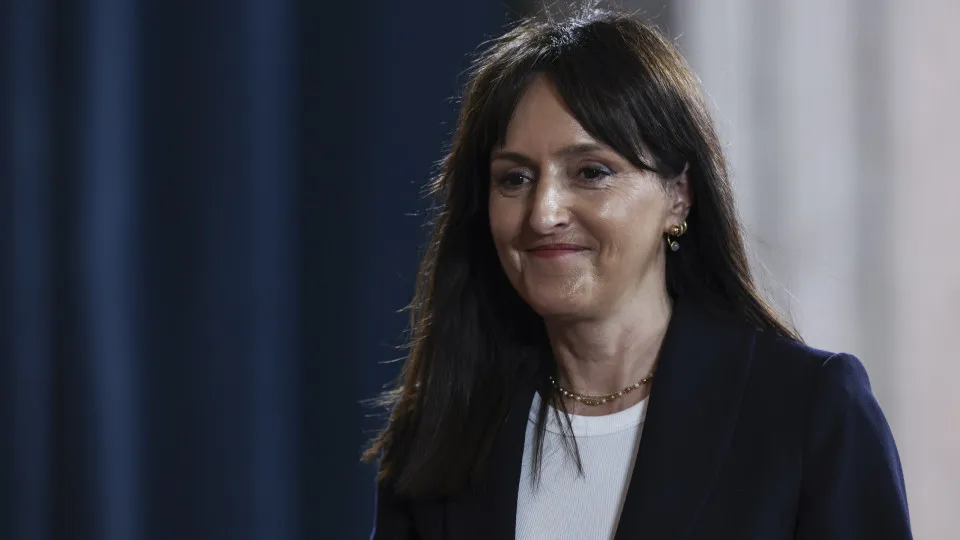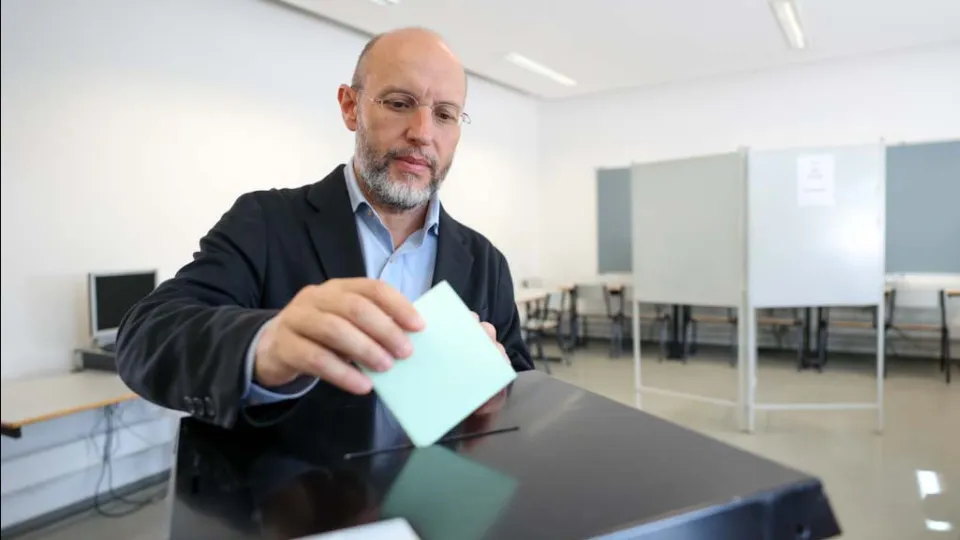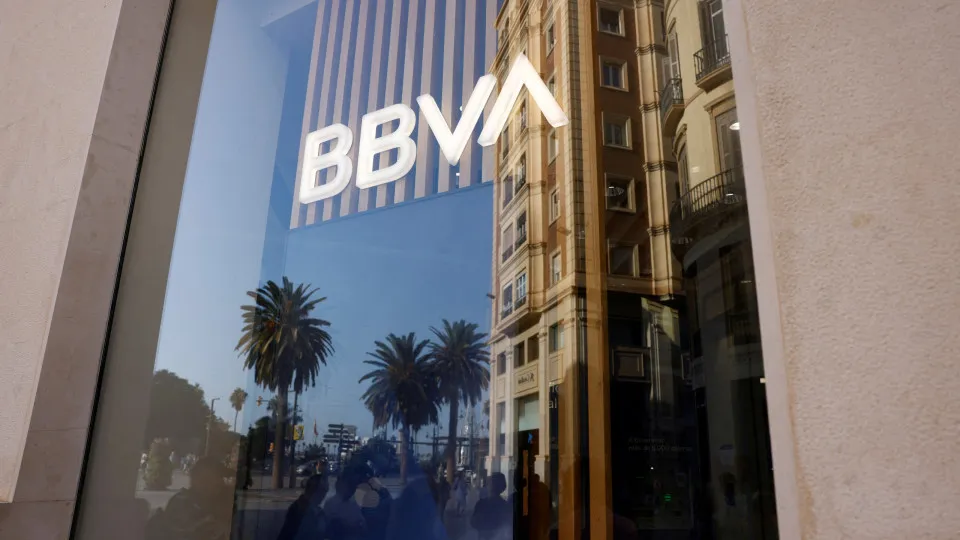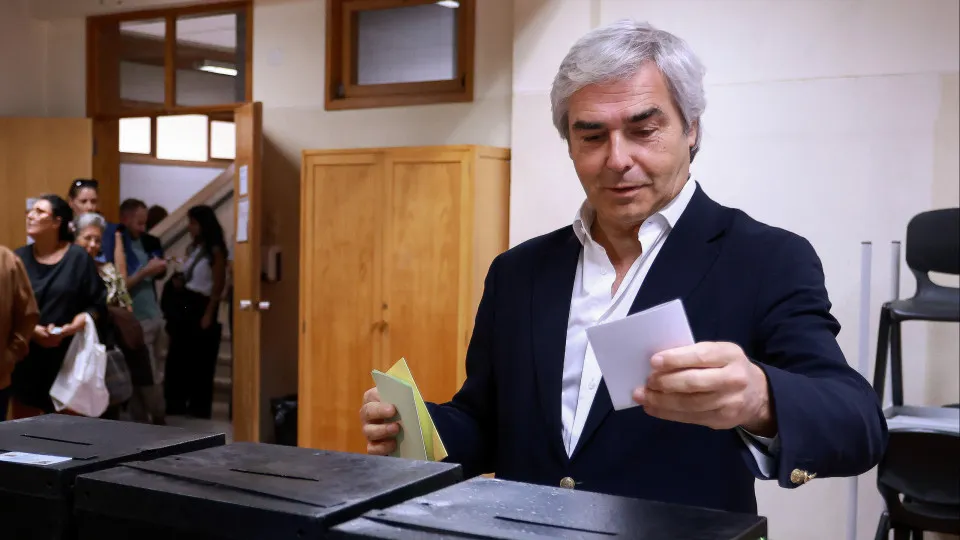
“We started revisiting the legal accessibility framework about a year and a half ago because, in addition to being somewhat outdated in certain areas, we believe we should view accessibility not just as physical accessibility or barriers,” stated Clara Marques Mendes.
The document’s revision is being studied “by a working group that was created with various governmental areas and also involves several entities,” said the Secretary of State for Social Action and Inclusion, noting that the Academia and entities like the Salvador Association are being consulted “to soon present work to revise this framework.”
The official was speaking in Óbidos, on the sidelines of the International Inclusion Seminar, part of the Folio – International Literary Festival, which this year focuses on the theme “Boundaries.”
The festival is “the only one in Portugal that addresses this issue, dedicating an entire day to inclusion since 2022,” stated the seminar coordinator, Célia Sousa, from the Resource Center for Digital Inclusion (CRID) at the Polytechnic Institute of Leiria (IPL).
At the seminar’s opening, Célia Sousa shared with the Secretary of State concerns from a sector where “many boundaries still exist,” with most people “believing accessibility merely involves ramps or tactile paths.”
In Portugal, bookstores and libraries “still lack accessible books in braille, audio, easy reading, pictographic language, or with video and Sign Language,” lamented the CRID coordinator, criticizing most publishers for not considering accessibility.
In a country where “so much is said about inclusion, equity, and diversity,” she added, “a significant portion of the population, between 15% and 20%, still cannot freely enjoy a play, a cinema session, or a concert.”
Among her concerns, Célia Sousa regretted that “schools, which should be for everyone, still don’t have accessible stories,” and that accessible communication “is not yet widespread.”
In her “frustrations” on this matter, she lamented “that people with disabilities are only mentioned to depict tragedies or praise extraordinary feats,” labeling them as “pitiful or superheroes, and almost never simply as people.”
Célia Sousa challenged the Secretary of State to form a working group among the ministries of Social Security, Education, and Culture to discuss access to books for everyone.
The Fólio – International Literary Festival of Óbidos marks its 10th edition this year with three Nobel laureates and writers from various countries participating in over 450 cultural initiatives, taking place in the town until Sunday.
The festival is organized by the municipality of Óbidos in partnership with the municipal company Óbidos Criativa, Ler Devagar, and the Inatel Foundation and has been held since 2015 in the town recognized as a UNESCO Creative City of Literature.




